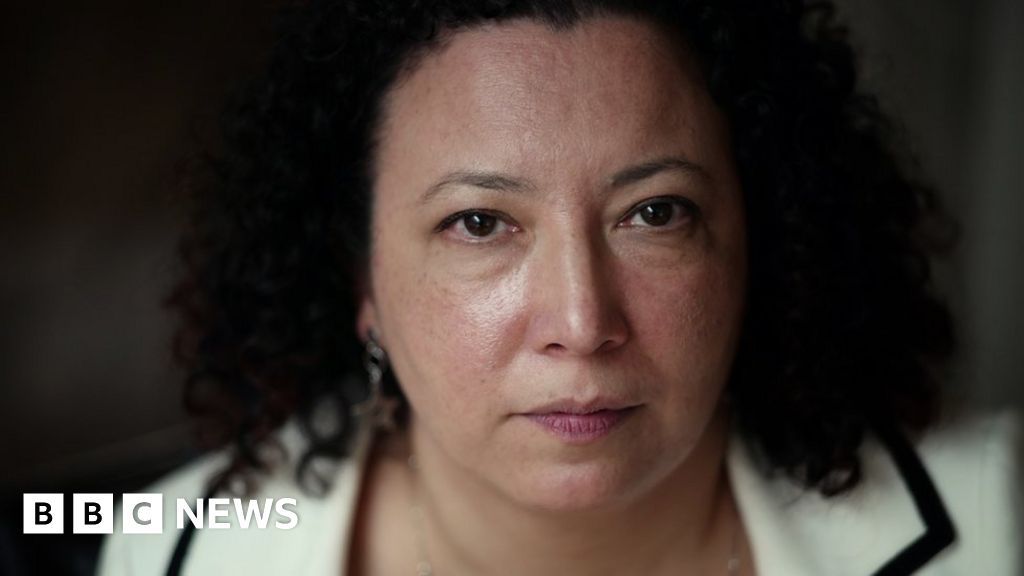"Maya Forstater: Woman discriminated against over trans tweets, tribunal rules"
Underlying all of these cases of righteous avowal is the very old argument about the right to freedom of speech when what is being spoken is socially provocative. It's a philosophical and ethical issue which doesn't just affect trans.
Some things to consider in this case,-
Is a gender-critical assertion equivalent to a gender-supportive statement in its effect on the public's attitude to trans?
If the wider public attitude is potentially hostile to trans would a gender-critical assertion be likely to provoke dangerous aggression towards trans?
How can we know if that is the case?
Should the law offer a degree of flexibility rather than a cast-iron regulation of public statements?
Was Maya Forstater penalized for what she said or for what her employers feared might be said about them if they didn't penalize her?
Should public opinion prevail when an employment case is dealt with?
Were Maya Forstater's assertions in any way true in the light of current understandings of the nature of gender? If not, what is the appropriate penalty for untruth in such circumstances?
Do we know enough to take a position on all this? What don't we know and how might we know it?
The devil is in the details and only a careful consideration of what is being said and how and where can establish if a case such as this is actionable.
It all matters at the moment because these cases are likely to be addressed more frequently, and precedents will be set which in law is a big thing.
Anyway, folks, happy thinking!
- Original Publish Date
- 06 July 2022
- Archived Date
- 09 May 2023
